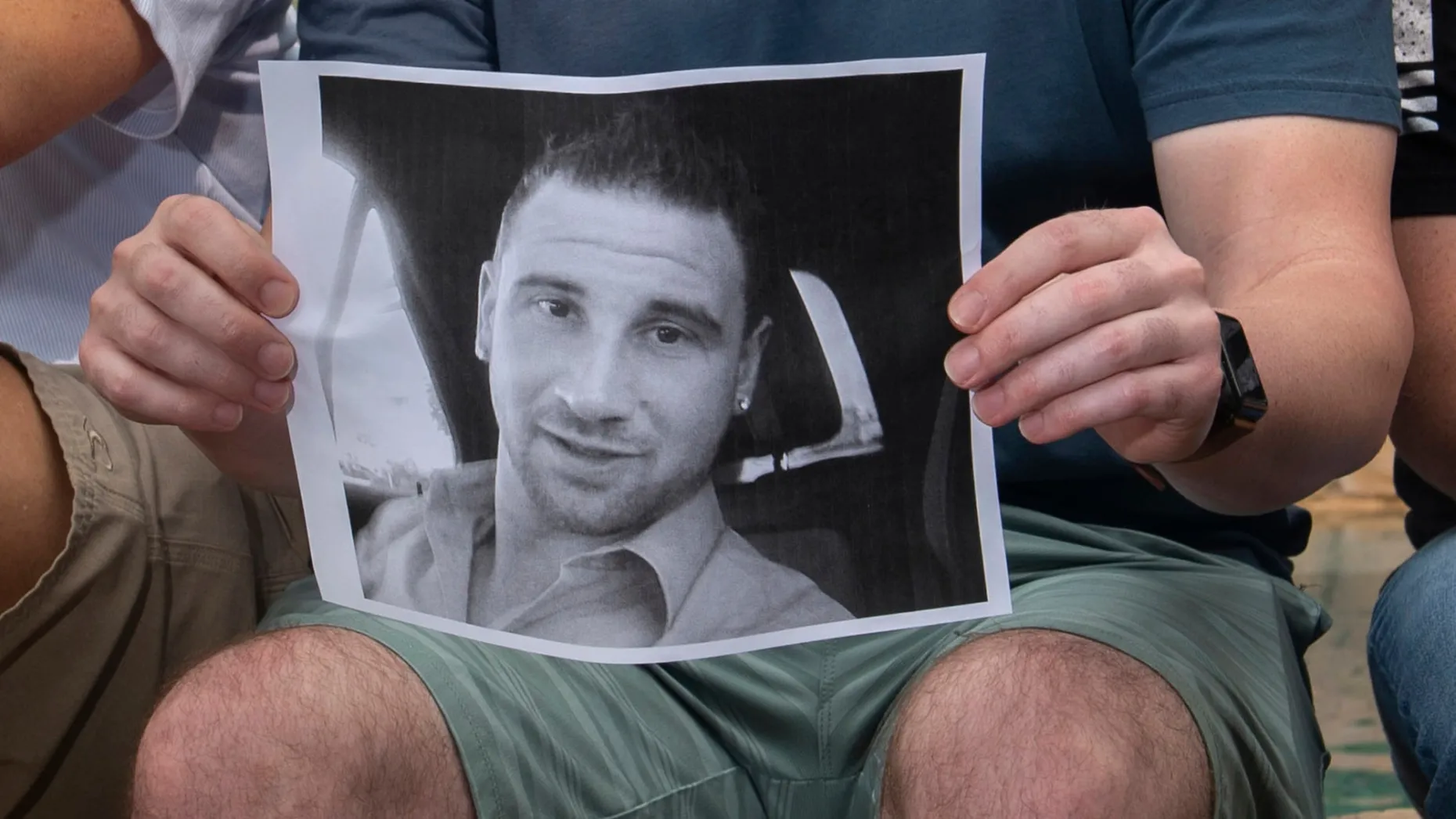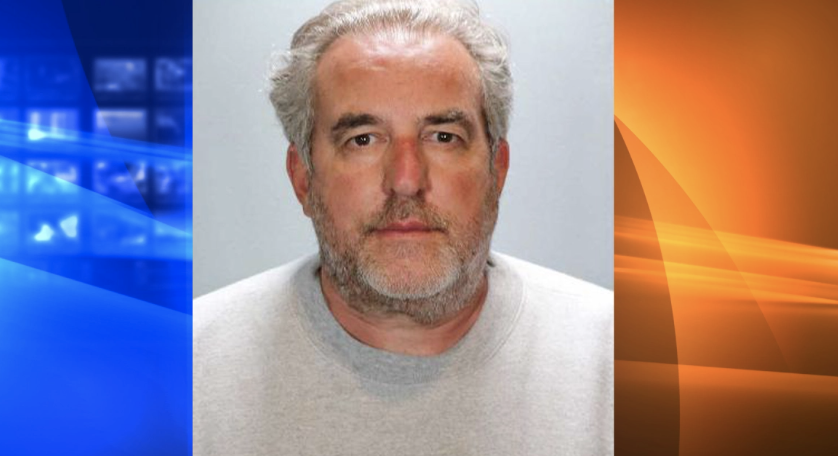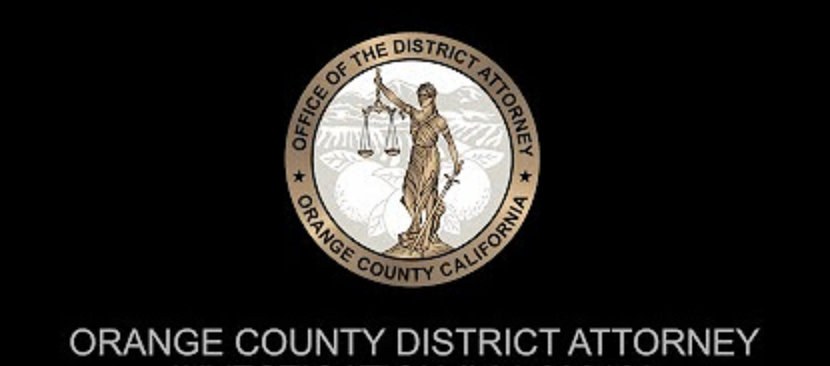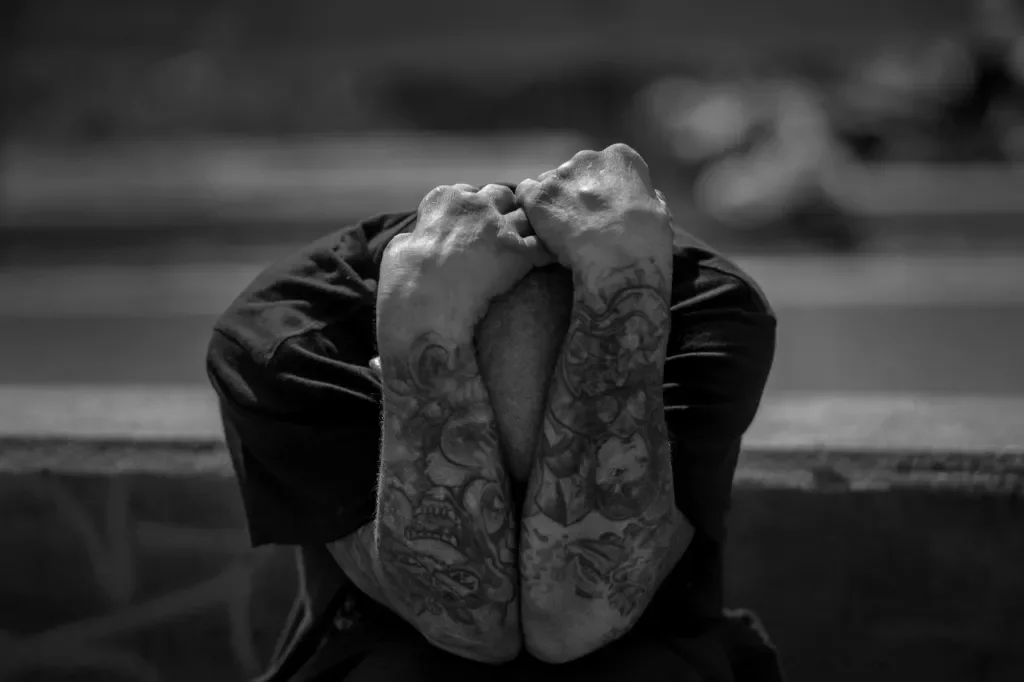California Sober Living and Recovery Task Force
Our communities are collaborating to find effective solutions for Sober Living and Recovery Homes across California.
.
News
Mission
Originally established in 2022 by the City of Mission Viejo, the California Sober Living and Recovery Task Force is a bi-partisan coalition of local and state elected officials, law enforcement, administrative staff, subject matter experts, and residents who are working collaboratively to address issues related to the proliferation of sober living and recovery homes.
Sober living and recovery homes are a vital step in the recovery process. The facilities allow patients to live in an environment that fosters healing and recovery. However, many of the facilities are in locations, particularly in residential neighborhoods, where they were never intended, planned, or agreed to by the community.
The Sober Living and Recovery Task Force’s mission is to combine expert education and research, public input, and bi-partisan regional ideas and initiatives to determine critical pathways forward for possible short and long-term policy solutions that help those in recovery, as well as community members and neighborhoods that have been impacted.
The Task Force is currently chaired by Mission Viejo Councilmember Wendy Bucknum, State Assemblymember Laurie Davies (AD-74), and 5th District Orange County Supervisor Katrina Foley.
Friday, December 12, 2025,
2:00 – 3:30 pm
County of Orange | 400 W Civic Center Dr, Santa Ana, CA 92701
CAN Community Room
Upcoming Events:

Participate in the Task Force
If your city or organization is interested in participating in the California Sober Living and Recovery Task Force, please fill in the form below. Members of the public can sign up for updates on Task Force initiatives using the email sign-up below this form.
.



























